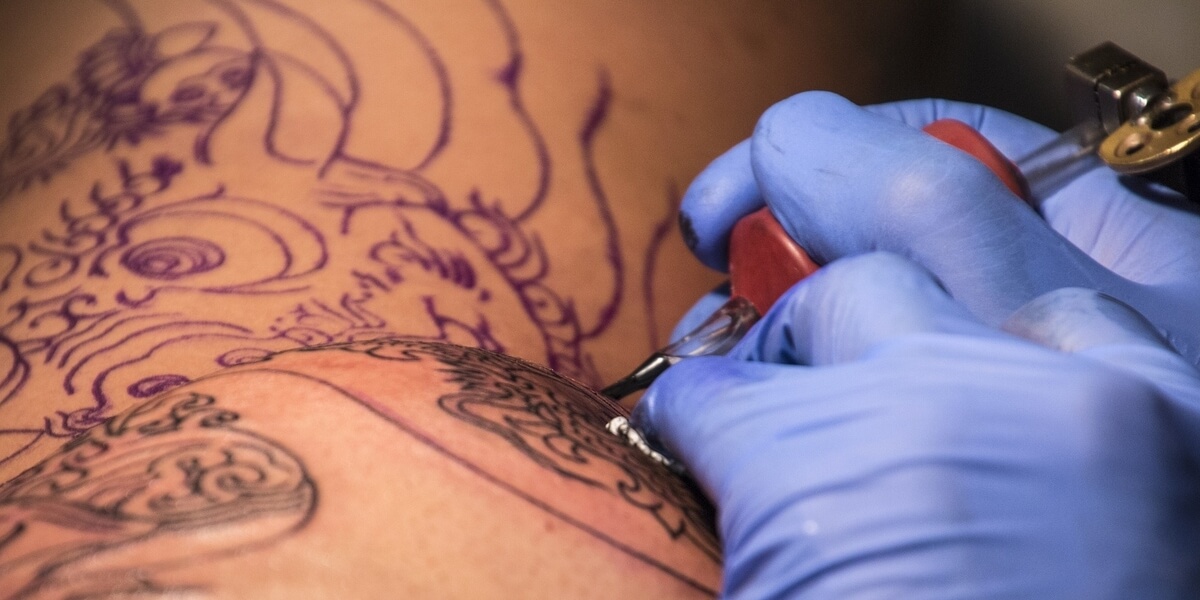The trend towards cosmetic surgery is increasing the number of corrective treatments after unsuccessful interventions. Insurance companies advertise such follow-up treatments by assuming the costs. In which cases follow-up cost insurance for plastic-aesthetic operations can be useful:
More cosmetic operations due to the corona crisis and home office
The number of aesthetic plastic operations in Germany has been increasing for years. The most popular treatments therefore include Botox injections to smooth out wrinkles, tighten the eyelids and enlarge breasts. The corona crisis seems to be accelerating this development. According to a survey by the German Society for Aesthetic Plastic Surgery (DGÄPC) among its members, patients use their time in the home office. Working at home offers the opportunity to discreetly heal the consequences of cosmetic surgery.
Health insurance companies only pay for necessary treatments
Plastic-aesthetic operations are interventions that are carried out without medical necessity. The statutory or private health insurance companies generally do not cover the costs for such interventions.
Costs for corrective treatments after unsuccessful cosmetic surgery
Since the costs of the operation are known in advance, the necessary budget for the operation can be planned in good time. It becomes incalculable when complications arise after the operation that require medically necessary treatment. “Since most beauty treatments are not medically justified, the health insurance company or health insurance company can share the follow-up costs or refuse to cover the costs,” explains Michael Herte, a lawyer at the Schleswig-Holstein consumer advice center.
In addition to beauty treatments, this also applies to subsequent treatments for damage caused by tattoos, piercings or dentures. Follow-up cost insurances respond with offers to cover the costs of such follow-up treatments.
Insurance for follow-up costs: clarify risks and benefits
Whether an insurance policy actually finances the follow-up treatment in the event of damage depends on the details. The surgeon is generally liable for treatment errors.
- However, the prerequisite is that the person concerned can provide evidence of a medical malpractice.
- If there is an urgent need for action or traces of the original intervention disappear with the follow-up treatment, this proof is hardly possible.
- “In the case of follow-up costs insurance, it should therefore be clearly regulated which treatment of complications it covers,” says Herte.
- Does the insurance only pay for treatments against poor wound healing after an operation or also for corrections if the result of the treatment is not as desired?
- An important point is the performance after operations carried out abroad.
“If you are planning an operation, it is best to speak to at least one independent doctor beforehand about possible complications and follow-up costs. Then you can assess whether insurance makes sense, ”says Herte.
Text: consumer advice center / editorial office, photo: Teefarm, Pixabay
–


